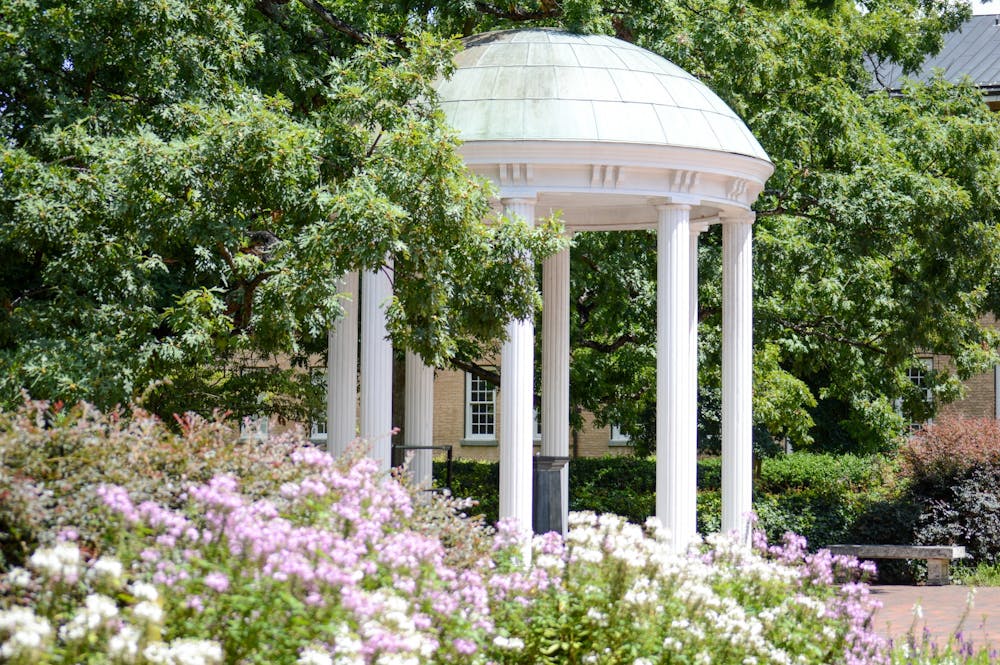In the first week of classes, four COVID clusters were discovered on campus before the Board decided to move all remote classes to the Carolina Away option.
“UNC made a mistake, in my opinion, of starting earlier than everyone else in the country. So all eyes were on the biggest university that was back,” Aganad said. “They sent all the freshmen home the day after tuition was due.”
In an October unanimous decision, the N.C. Court of Appeals ruled that Lannan and Kuehn could continue the case. The Board applied for discretionary review and a writ of supersedeas to appeal the decision to the state Supreme Court.
“All that does is basically say there's time out in the litigation for pending a decision by the Supreme Court,” Stradley said.
At this time, Lannan and Kuehn are prohibited from continuing the case at the trial court level because of a temporary stay that was granted by the N.C. Supreme Court. The stay is granted while the writ of supersedeas and discretionary review are debated.
In a brief made by the University on Tuesday, the Board further claimed they would face “massive liability” if the case is allowed to proceed.
“The decision opens up the University to future lawsuits from its students over any change to any aspect of student life, even if those changes were necessary in the interest of public safety,” the statement said.
The Plaintiffs have yet to issue a formal response to UNC’s statement but have dismissed claims that the Board will face irreparable consequences.
“The Board fails to forecast success on the merits, and it will suffer no significant harm by participating in discovery while its petition for discretionary review is pending,” the student brief said.
The Board of Governors has argued that universities of the state hold sovereign immunity, the relationship between students and schools is statutory and that fees were agreed upon once tuition was paid.
“There's a notion that goes back to the British crown era of Magna Carta, that you can't sue the government unless the government agrees to be sued,” Stradley said.
However, the plaintiffs have fought against this argument by defending that immunity is waived when a contract is created, either orally or explicitly.
To get the day's news and headlines in your inbox each morning, sign up for our email newsletters.
The Board has further asserted that the move from in-person to online learning was a judgment call made to protect students’ health during the pandemic.
“The University argued that this was the central decision to go from in person to online,” Stradley said. “You can't sue for educational malpractice.”
There are other implications of the contract that have made student lawsuits against universities a gray area for the courts.
“The University informed students that its constituent universities would charge and retain student fees for the Fall 2020 Term regardless of whether the universities held classes virtually or in person,” the defendant's lawyers said.
The case is still in the relatively early phases and comes with over 70 colleges and universities facing similar lawsuits in recent years.
“We think that students and families deserve refunds for services that they paid for and didn't get,” Stradley said. “We're gonna keep pushing.”
@dailytarheel
university@dailytarheel.com



